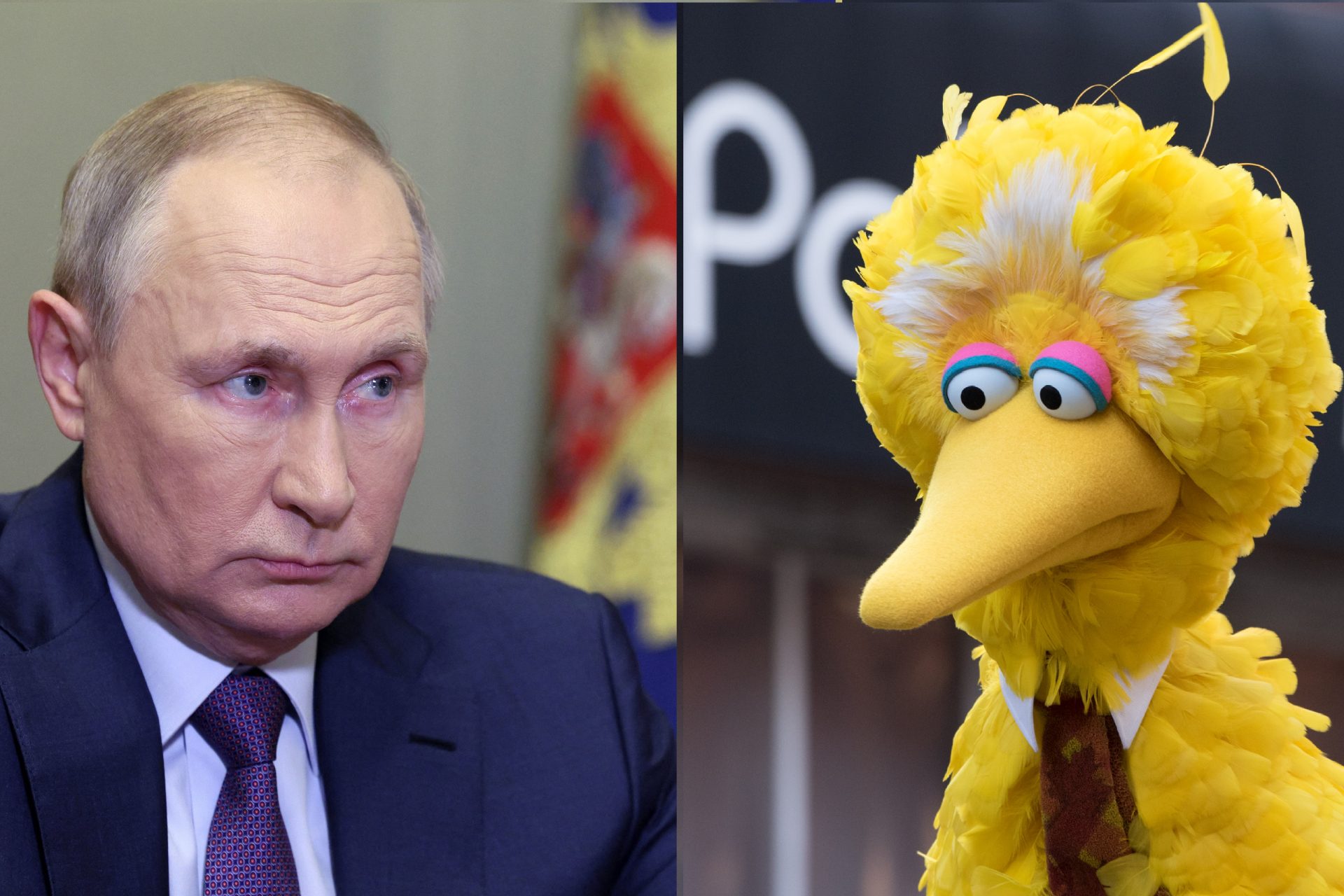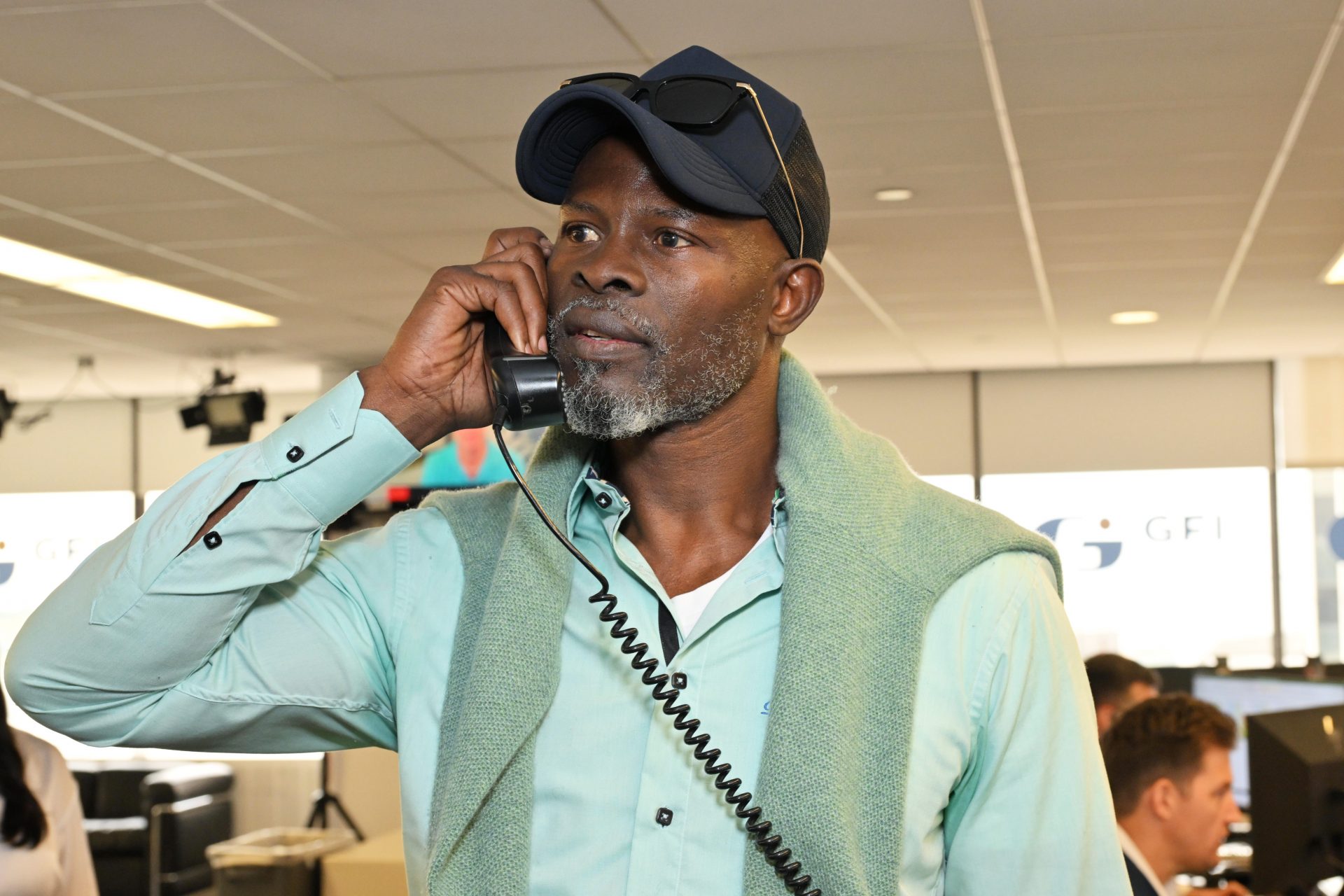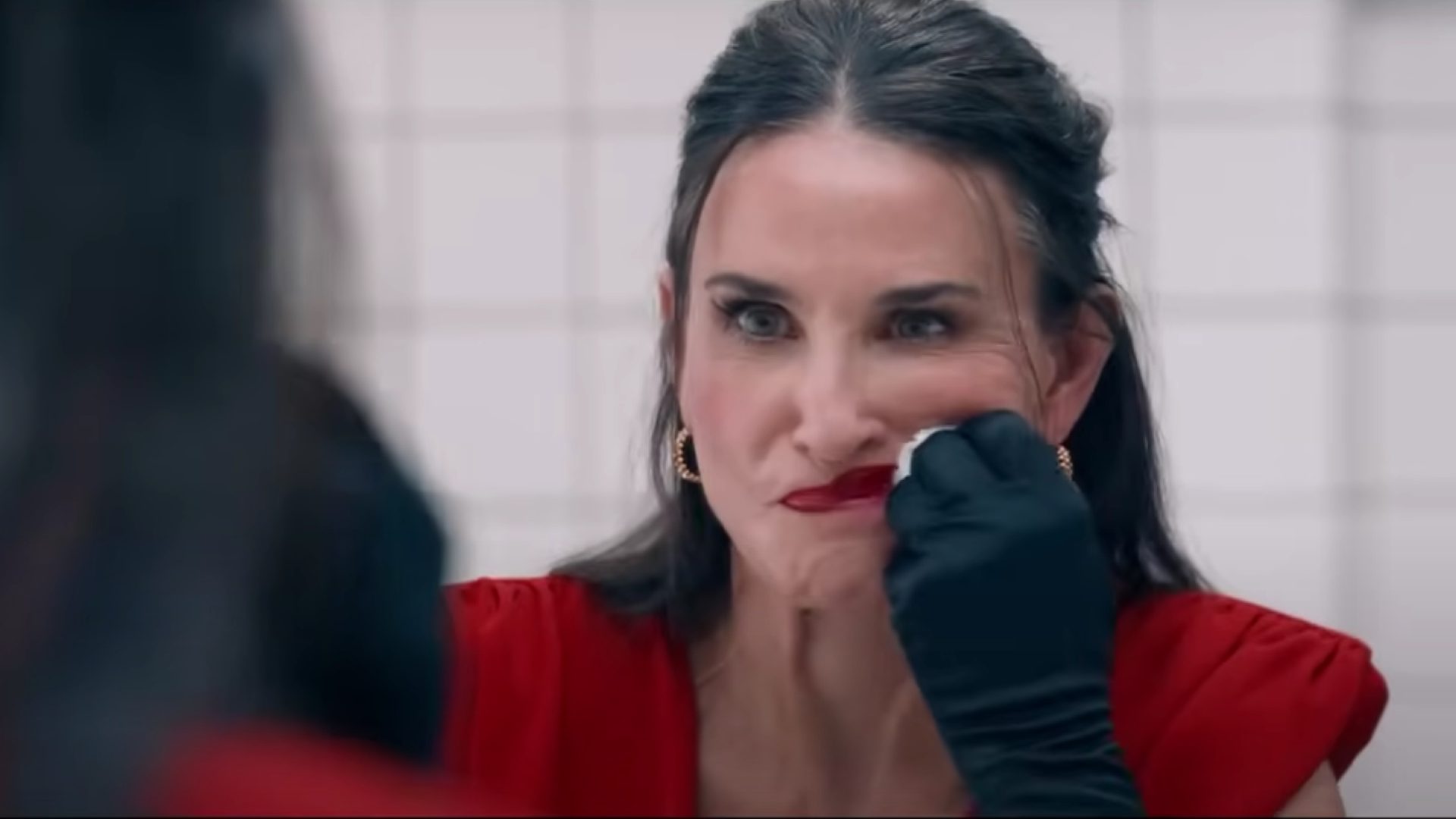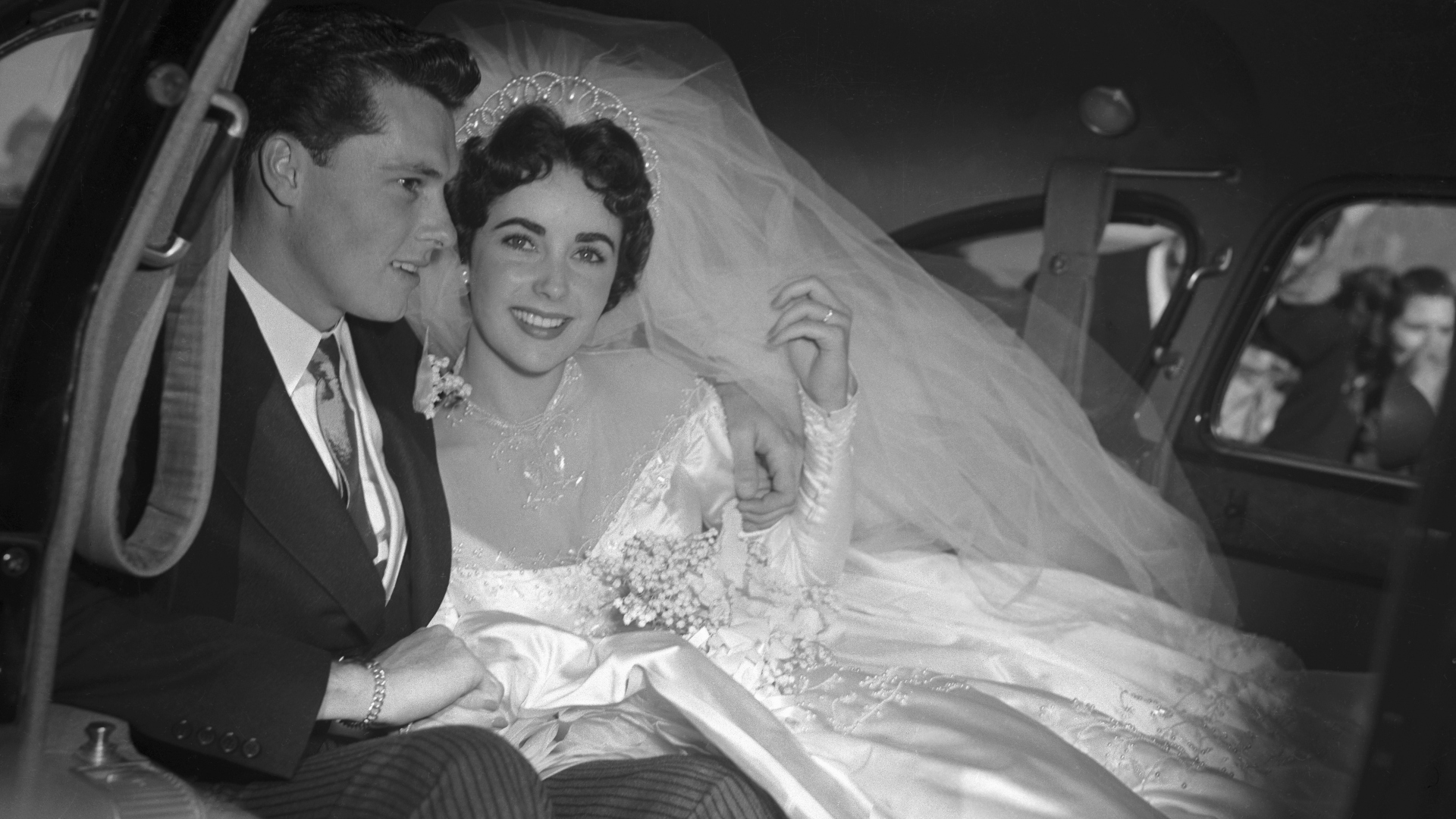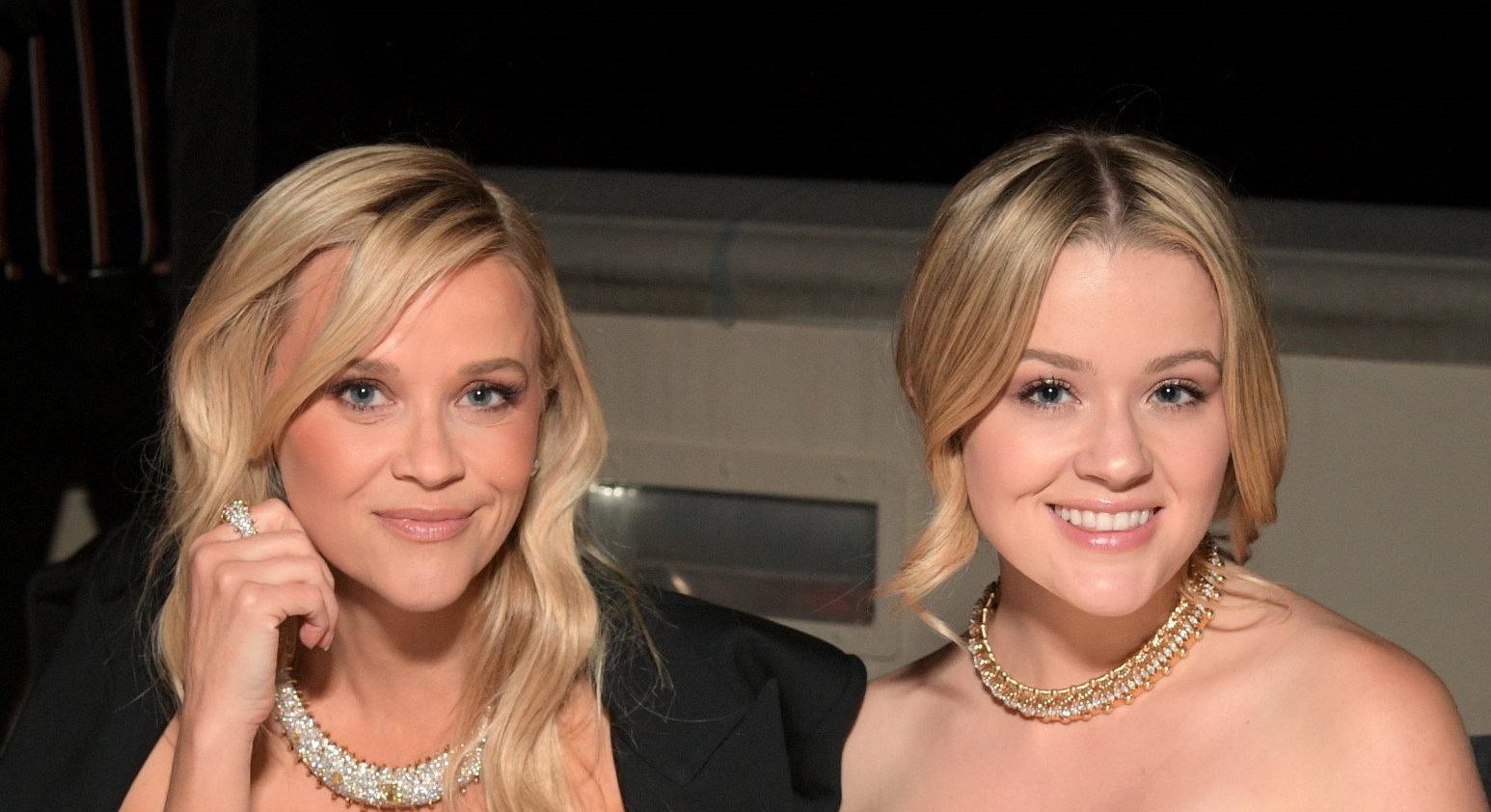Putin vs Big Bird: The wild story of the muppets in Moscow
In a tell-all memoir called 'Muppets in Moscow: The Unexpected Crazy True Story of Making ‘Sesame Street’ in Russia,' American television producer Natasha Lance Rogoff shares what it took to bring the classic American children’s show to Russia. Here is the wild story, featuring Elmo being kidnapped!
In the late 1960s, a group of educators and TV writers founded a not-for-profit organization to educate children through TV and get them ready for school. Today, the organization is called the Sesame Workshop.
Image: Sesame Street Pilot Episode, 1969
In the words of Malcolm Gladwell: “‘Sesame Street’ was built around a single, breakthrough insight: that if you can hold the attention of children, you can educate them.” It debuted in the US in 1969 and is still running today – making it one of the longest-running shows in the world.
Image: Sesame Street Pilot Episode, 1969
Soon after its debut, producers from Brazil, Mexico, Canada, Iran and Germany asked to make their own versions of the show. And they all did, with the exception of Iran. In total, more than 30 international versions have been made.
Image: Abelardo, the Mexican equivalent of Big Bird. Plaza Sesamo / YouTube
During the Cold War, there was no way ‘Sesame Street’ was getting behind the iron curtain. In 1973, the Russian newspaper Sovietsa Kultura denounced it as “the latest example of United States cultural imperialism... Seeking to penetrate people’s homes, even if door and windows are tightly locked.”
Each international version, however, dealt with issues important to local children and arguably avoided imposing an overtly American narrative. For instance, the first HIV-positive muppet Kami was part of the South African co-production of ‘Takalani Sesame’ to deal with the AIDS epidemic in South Africa, generating controversy back in America.
Image: Kami and UN Secretary-General Ban Ki-Moon, Sesame Street / Youtube
In her memoir, Lance Rogoff recalls that then-Senator Joe Biden “spearheaded congressional support for an international Sesame Street,” touting the Muppets as “ideal ambassadors to model democratic values and the benefits of a free-market economy to children in the former Soviet Union.”
In 1993, Sesame Workshop got in touch with Lance Rogoff, an American who had lived in Russia and made some dark documentaries on the chaotic state of Russia after the Berlin wall fell and the country transitioned to a new system of government.
Image of Natasha Lance Rogoff, via Natasha Lance Rogoff / YouTube
The early days of post-Soviet Russia were plagued by violence and corruption. Getting the show off the ground wasn’t easy, as several heads of Russian TV with whom Lance Rogaff was collaborating were assassinated. Heavily armed Russian soldiers even entered the Sesame Street production office and confiscated scripts and even a life-sized Elmo.
It wasn’t until Boris Yeltsin defeated the Communist challenger Gennady Zyuganov in a run-off election in 1996 that the situation became stable enough to get ‘Sesame Street’ on air. The program became the first to run on both of Russia’s top TV stations.
Like other international versions, the Russian version of ‘Sesame Street’ — ‘Ulitsa Sezam’ was not the same as its American counterpart, nor was it designed as American propaganda. Instead, it was about depicting universal human values like friendship and trust. Americans worked closely with a talented crew and cast from Russia and other former Soviet countries like Ukraine to blend the original characters with new ones.
Image: Ulitsa Sezam: Show Open via Sesame Street / YouTube
This big blue guy is the star of the show and is a tall blue furry spirit taken from Russian folklore. He’s warm-hearted and trusting, and has an excellent sense of smell – he can even smell music. Lance Rogoff said one of the biggest lessons for Russians, who were fearful at that time, was about the importance of trust and not being afraid to make mistakes.
Image: Ulitsa Sezam: Show Open via Sesame Street / YouTube
This monster is bright, with a vivid imagination and full of joy. She gets swept away by awe in even the most ordinary situations and can often be found dancing. She is obsessed with carrots and makes many different dishes out of them.
Image: Ulitsa Sezam
This character is extremely intellectual – thinking through even the most basic problems. He’s an inventor and always solves problems. He often takes apart objects and puts them back together in a totally different way, creating something new and unusual.
Image: Ulitsa Sezam: Show Open via Sesame Street / YouTube
The first season was called 'Life in an open society' and became a hit. The next runs focused on “optimism” and “diversity in the world” and included Russian celebrities.
In 2010, ‘Ulitsa Sezam’ was taken off the air, along with other international cultural collaborations around the same time. According to Lance Rogaff, it was because Russian President Vladimir Putin decided Russian culture must be of and by Russians, and it was up to the Kremlin to decide what that meant.
The 20-30-year-olds fighting on both sides of the Ukraine war were raised on ‘Sesame Street,’ which Lance Rogoff said in 2023 gave her some hope. Indeed, landmark studies have shown that ‘Seasame Steet’ has a positive effect on its young viewers.
Pictured: Young anti-war protestors hold signs in German reading: "Cookies instead of war" and "Ernie & Bert believe the war is wrong."

